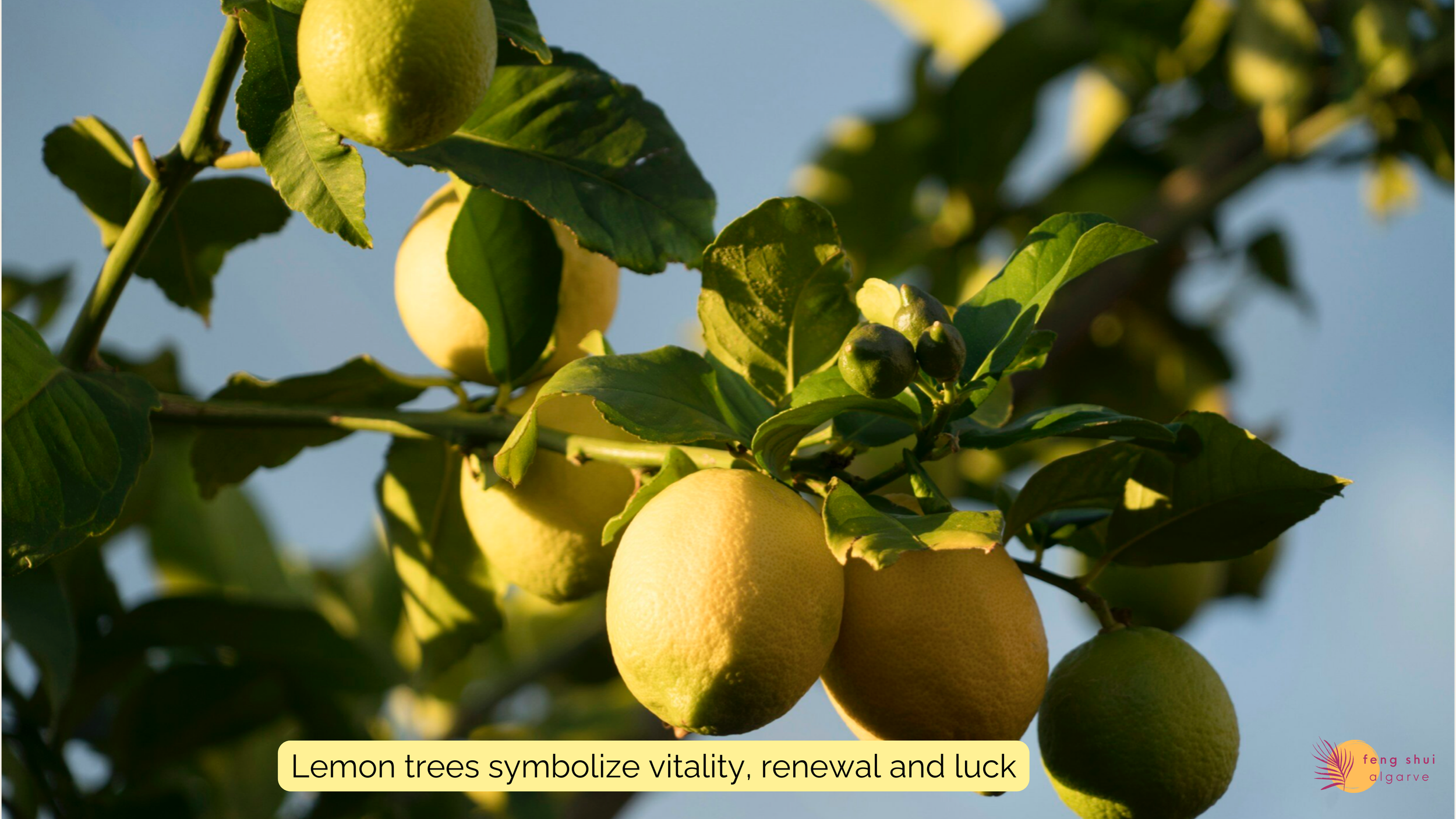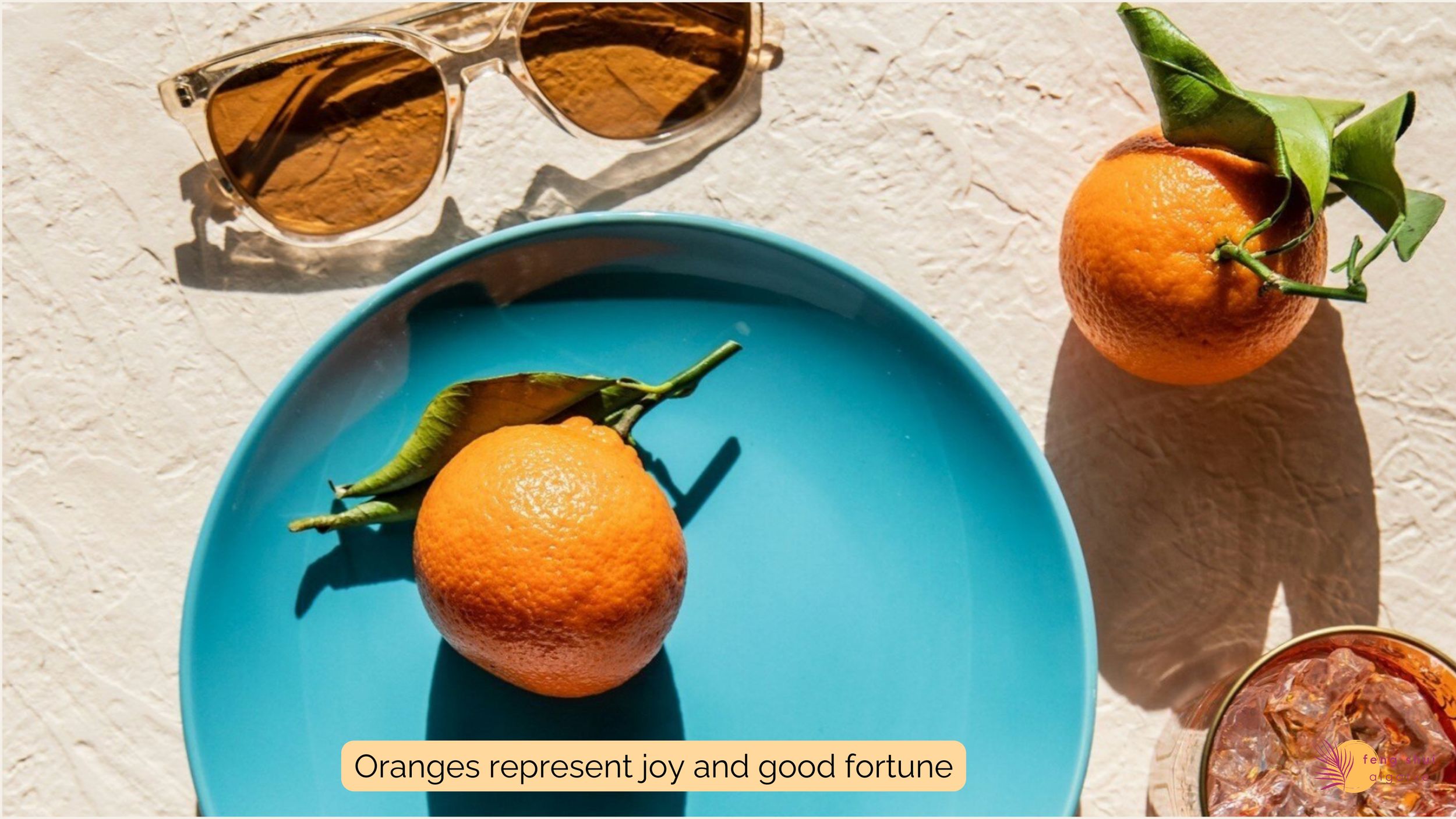How a bowl of Lemons brings Luck into your kitchen
Algarvian gold meets Chinese wisdom!
In the realm of Feng Shui, the ancient Chinese practice of harmonizing energy flow to promote well-being, the kitchen stands as a pivotal space. It's not merely a room for culinary pursuits but a sanctuary where vital energies intertwine with the elements to nourish both body and spirit. Among the many treasures that Feng Shui enthusiasts harness to enhance the kitchen's aura, a humble yet potent symbol stands out – the bowl of lemons.
Picture this: A bowl of vibrant, sun-kissed lemons, exuding an aura of freshness and vitality. This zesty fruit holds profound significance in the intricate tapestry of Feng Shui beliefs, serving as a conduit for luck, prosperity, and positive energy.
Here in the idyllic landscapes of the Algarve, where citrus fruits thrive abundantly, the presence of fresh lemons is not merely a culinary delight but a cultural emblem. With their invigorating scent and vibrant hues, lemons symbolize vitality, purity and the zest for life – qualities that resonate harmoniously with the essence of Feng Shui.
As the curtains rise on the auspicious period 9, marked by transformative energies and new beginnings, the allure of incorporating nine lemons into your kitchen decor gains prominence. In Feng Shui philosophy, the number nine holds profound significance, representing completeness, culmination, and the pinnacle of prosperity.
Thus, arranging nine luscious lemons in a bowl serves as a powerful gesture to invite auspicious energies into your culinary domain, fostering abundance and good fortune.
What makes lemons such potent symbols of luck in Feng Shui?
At their core, lemons embody the elemental forces of wood and fire, two vital components in Feng Shui. Wood, with its growth-oriented energy, symbolizes vitality, renewal, and expansion – qualities mirrored in the flourishing lemon tree. Meanwhile, the fiery essence of lemons resonates with the transformative power of the fire element, igniting passion, creativity, and dynamic movement.
Moreover, lemons possess purifying properties, known for their ability to cleanse and refresh both the physical and energetic realms. In Feng Shui philosophy, stagnant or negative chi (energy) within the kitchen can impede the flow of prosperity and harmony. By placing a bowl of lemons in this space, you not only infuse it with vibrant, uplifting energy but also dispel any lingering negativity, paving the way for abundance to flourish.
For those seeking to amplify the auspicious energies within their kitchen, the versatility of citrus extends beyond lemons alone. Oranges, with their radiant hues and sweet fragrance, serve as delightful alternatives, radiating joy, prosperity, and good fortune. In the sun-drenched landscapes of the Algarve, where oranges thrive in abundance, incorporating these fruits into your kitchen decor becomes a seamless homage to local bounty and Feng Shui wisdom.
Find the perfect spot for your lucky lemons
Beyond their aesthetic appeal, the strategic placement of lemons or oranges in the kitchen aligns with Feng Shui principles of balance and harmony. Whether adorning the countertop, gracing the dining table, or nestled within a pantry alcove, these citrus gems infuse the space with vitality, optimism, and a sense of abundance.
As you embark on your journey to harmonize the energies within your kitchen, remember that Feng Shui is not merely about rearranging furniture or decorating with auspicious symbols. It's a holistic approach to living in harmony with the surrounding environment, embracing the interplay of energies to cultivate balance, prosperity, and well-being.
So, the next time you step into your kitchen, take a moment to savor the vibrant allure of lemons or oranges adorning your space. Amidst the whirlwind of culinary endeavors, let these citrus charms serve as gentle reminders of luck, prosperity, and joy.





